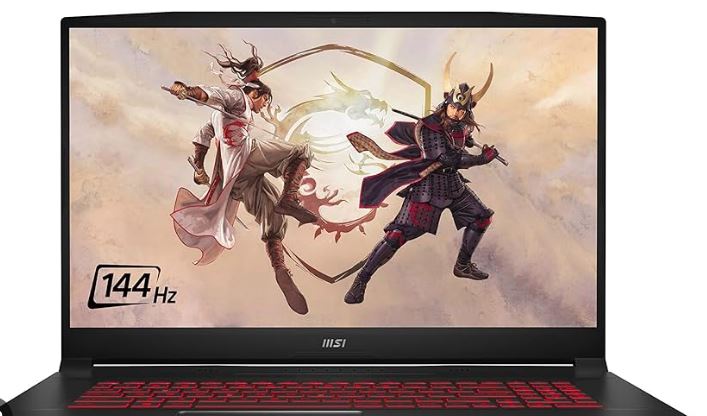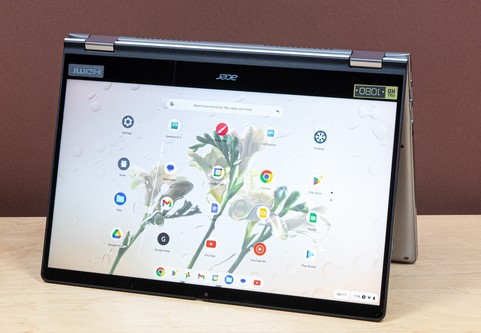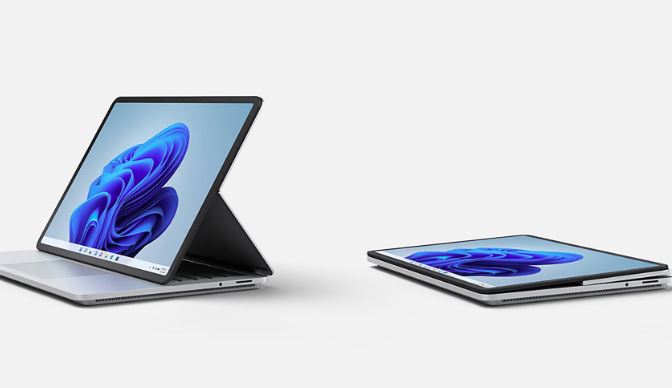Laptops have become an essential tool for businesses in today’s digital age. Whether you’re a business owner, an entrepreneur, or a corporate professional, having the right laptop can significantly enhance your productivity and efficiency. However, with so many options available in the market, it can be overwhelming to determine which features are the most important for business use. In this post, we’ll explore the key features that matter most when selecting a laptop for business.
1. Performance and Processing Power
One of the top considerations for a business laptop is its performance and processing power. Business tasks often involve running multiple applications simultaneously, handling large files, and utilizing complex software. Therefore, a laptop with a powerful processor, such as Intel Core i5 or i7, and sufficient RAM is crucial. A faster and more capable laptop will ensure smooth multitasking, quick data processing, and efficient workflow.
2. Portability and Battery Life
Business professionals are frequently on the move, attending meetings, conferences, and working remotely. Hence, portability and battery life are critical factors to consider. Look for a laptop that is lightweight and compact, making it easy to carry around. Additionally, opt for models with long-lasting battery life, allowing you to work for extended periods without needing to find a power outlet.
3. Security Features
Protecting sensitive business data is of utmost importance. Therefore, security features should be a top priority when selecting a laptop for business use. Look for laptops equipped with biometric authentication methods, such as fingerprint scanners or facial recognition, to ensure secure access to your device. Additionally, laptops with built-in security features like TPM (Trusted Platform Module) and encryption capabilities provide an extra layer of protection for your data.
4. Connectivity Options
In the business world, staying connected is crucial. Look for laptops that offer a range of connectivity options, including multiple USB ports (preferably USB 3.0 or higher), HDMI or DisplayPort for external displays, and an Ethernet port for a stable wired connection. Additionally, laptops with Wi-Fi 6 capability will ensure faster and more reliable wireless internet connectivity.
5. Durability and Build Quality
Business laptops need to withstand regular use and the rigors of travel. Opt for laptops with durable build quality and solid construction, such as aluminum or carbon fiber chassis. Consider models that have undergone MIL-STD-810G testing, which ensures resistance against dust, humidity, extreme temperatures, and shocks. This way, your laptop will be able to endure the demands of day-to-day business activities.
6. Compatibility and Support
Business laptops should be compatible with various software and services commonly used in the business environment. Ensure that the operating system and hardware specifications align with the software applications you rely on for work. Additionally, it is also essential to consider the manufacturer’s reputation for customer support and warranty coverage, as prompt and reliable support can be crucial when facing technical issues or downtime.
Conclusion
Selecting the right laptop for business is an important decision that can greatly impact your productivity and success. The features that matter most for business use include performance and processing power, portability and battery life, security features, connectivity options, durability and build quality, as well as compatibility and support. By considering these factors and evaluating your specific business needs, you can make an informed decision and invest in a laptop that will be a valuable asset in achieving your professional goals.




